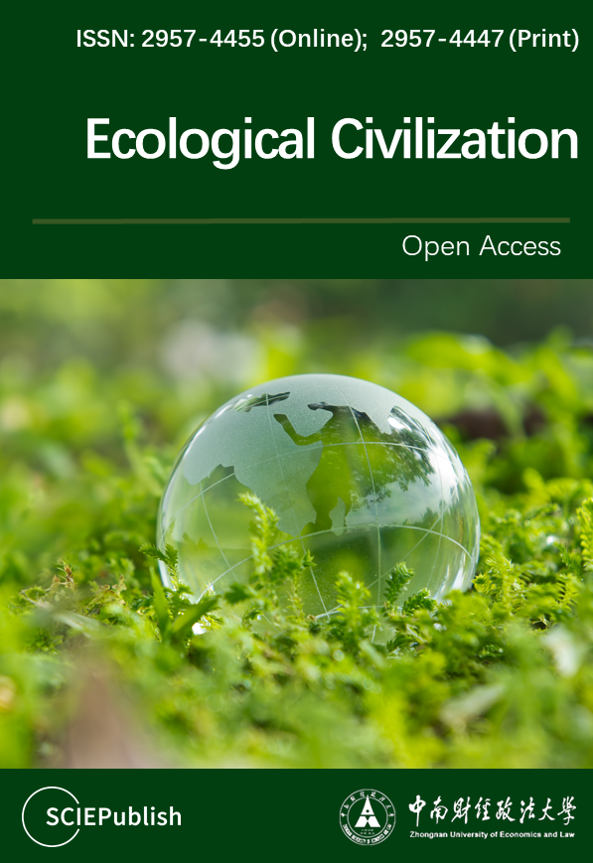Found 1 results
Article
15 April 2024Impacts on the Legal Framework for Protecting Environmental and Human Rights in Brazil due to Ideological Antagonism: The Interrelated Cases of the Yanomami and the Amazon Fund
The occupation of the Amazon is driven by capitalist production, impacting climate change discussions. Despite constitutional protections since 1934, the influx of non-Indigenous settlers, particularly miners, led to significant conflicts. The Yanomami sought international recourse through the Inter-American Commission on Human Rights (IACHR). In the context of redemocratization, the 1988 Constitution marked a shift, reinforcing Indigenous rights and environmental protection. Brazil’s role in protecting the rainforest intersects with global climate efforts, including the REDD+ mechanism. The creation of the Amazon Fund in 2008, aligned with REDD+ initiatives, involved international cooperation and local governance, leading to a substantial decline in Amazon deforestation between 2004 and 2012. However, exploitative practices endorsed by the State pose threats to environmental and human rights, notably affecting indigenous communities. Amid Brazil’s democracy crisis, deforestation surged in the Amazon from 2013–2022 and the Yanomami face conflicts fueled by State support for non-Indigenous groups. The Yanomami sought international recourse through the IACHR and the Inter-American Court of Human Rights. These issues are intensified by an ideological bias, linked to authoritarian populism rooted in the legacy of the Dictatorship. Recent initiatives aim to enhance environmental and human rights protection. However, political instability poses challenges for the future.
